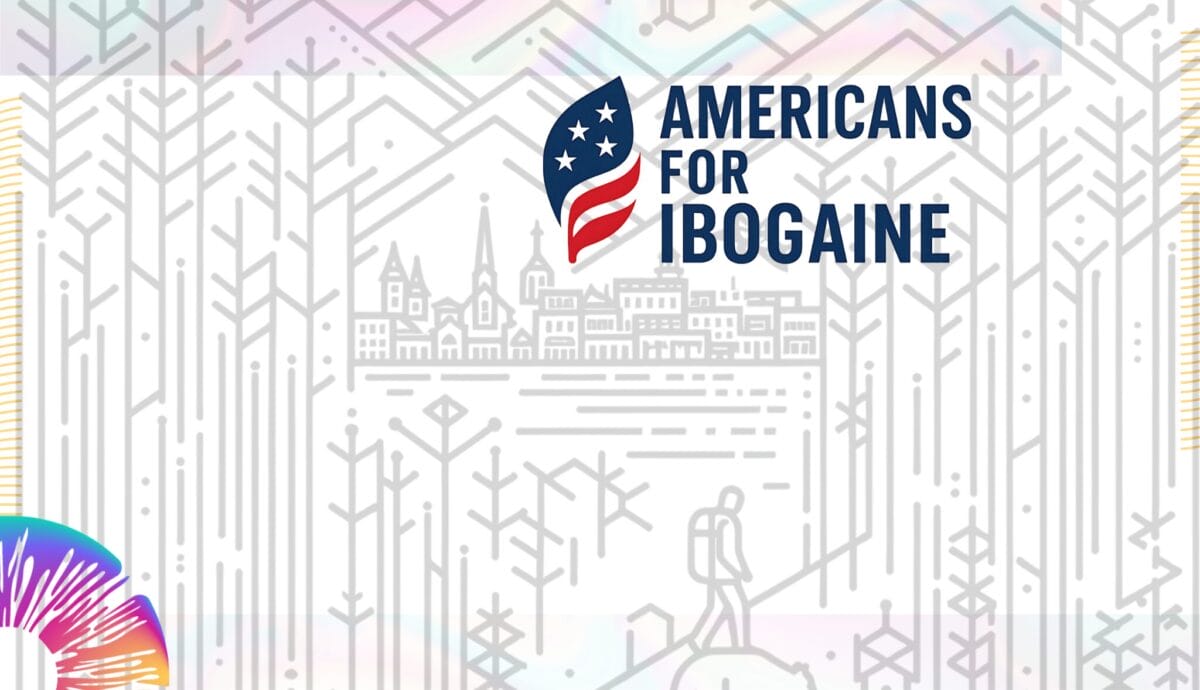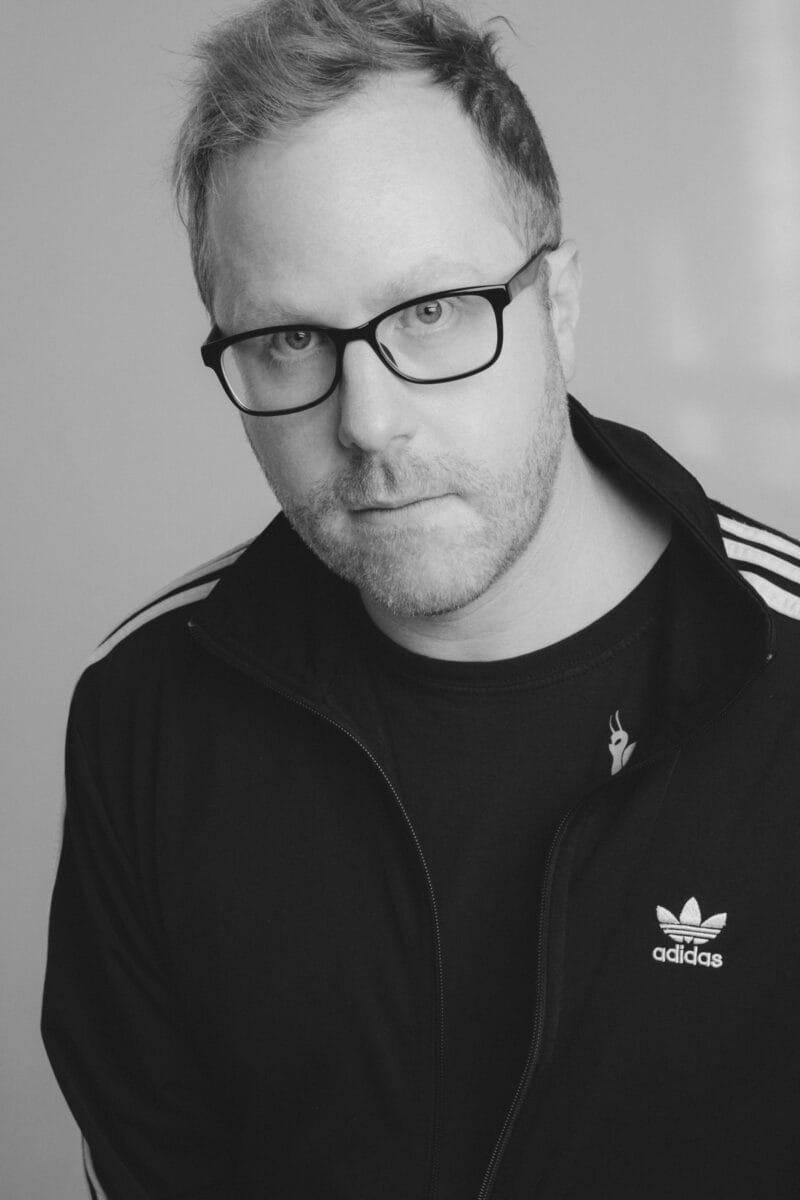ASPEN, Colorado — The drive into the Aspen Meadows Resort, with its open mountain views and Bauhaus-inspired architecture, offered a tranquil approach to what became one of the most strategically focused psychedelic policy gatherings of the year. Inside, at the Americans for Ibogaine (AFI) convening, the mood was not utopian but pragmatic — a coalition of researchers, lawmakers, veterans’ groups, communications strategists, and international observers trying to solve a problem the country has failed to contain.
Perhaps the most striking feature of the gathering was the atmosphere of genuine bipartisanship. In an era where cooperation is rare, attendees sensed an unusual alignment. “No one cares about the politics when they’re burying their kids,” said AFI front-man Bryan Hubbard, capturing the mood. The opioid crisis, and the parallel rise in PTSD among veterans, appears to have created a rare, shared purpose: building a new system where traditional approaches have fallen short.
Texas as Blueprint and Proof of Concept
Much of the attention centered on Logan Davidson, the strategist behind Texas’s ibogaine research initiative — the most ambitious and well-funded in the nation. Davidson walked attendees through Texas’s playbook: identifying bipartisan champions early, understanding opponents before they could mobilize, and producing constantly updated educational collateral to shape legislative conversations.
Texas, he reminded the audience, only moved because both parties recognized the scale of the crisis. Hubbard echoed this point: “Texas proved you can do this in the reddest state in America.” The breakthrough came from institutional credibility — with Baylor University, the Texas Tech University System, and the Menninger Clinic signaling they were ready to conduct rigorous research — combined with a disciplined political strategy.
One of the stories that circulated throughout the conference involved Bryan Hubbard meeting with government leaders that was originally scheduled for 30 minutes that stretched into 90, ultimately resulting in a major commitment of state-aligned support for the research effort. Hubbard explained why momentum shifted so rapidly. You listen to people, you handle their opposition, and you keep telling the same simple story.
The Cost Question — and a System Under Strain
Several policy advisors underscored that the United States’ addiction-treatment system is widely viewed as ineffective and increasingly expensive. Hubbard was blunt:
We’re spending billions of dollars on addiction treatment that doesn’t work. Most people are going through six, seven, eight rounds of treatment, and they’re right back where they started.
The financial burden is staggering. States often pay $150,000 to $200,000 per person across multiple failed treatment attempts — a figure Hubbard referenced as a driving force behind legislative interest. “What we’re doing now isn’t just ineffective,” he said. “It’s economically unsustainable.”
National averages back this up: standard inpatient rehab often costs $10,000 to $30,000 for a single 30-day stay, and yet relapse remains common. Against this landscape, ibogaine’s potential to interrupt opioid dependence in a single administration is what makes it politically resonant. As Hubbard put it, “Ibogaine isn’t a silver bullet, but it’s the only thing we’ve seen that can interrupt opioid dependence so quickly.”
Communications Strategy Comes Into Focus
A significant portion of the event explored how ibogaine is communicated in the public sphere. Several attendees pointed to media strategist Anne-Claire Stapleton as an essential, if understated, force shaping AFI’s narrative. Her approach emphasizes short, digestible stories from diverse voices, rather than clinical or technical explanations alone.
Davidson highlighted the power of informal political communication: What legislators repeat to colleagues over happy hour can be more influential than what they say on the record. Veterans’ testimonials, he noted, act as potent social proof. Hubbard summarized the strategy succinctly: “You keep telling the same story, and eventually people realize it’s their story too.”
Standards, Safety and the Long Timeline Ahead
A federal addiction-policy advisor raised a concern many share: ibogaine cannot be treated as a “one-shot solution.” Intake protocols and long post-care windows may prove essential. Hubbard acknowledged the challenge: “We’ve never had a tool that works at this speed, but that also means we need standards we’ve never had before.”
He noted that ibogaine clinics like Ambio, Beond, Mission Within, and Transcend each use their own methodologies. The United States will eventually require unified standards — something he informally referred to as an “Iboverse,” a consortium of clinics and researchers shaping best practices.
Davidson also expressed interest in leveraging Gabon’s long-standing traditional use of iboga as a research opportunity. Representatives from Gabon, participating through live translation, urged researchers to consider observational studies of existing cultural practices as a globally efficient way to gather data. Davidson agreed, with the caveat that Texas’s legislation doesn’t formally authorize international collaborations — though future funding might. Hubbard and Davidson insisted that they will do everything in their power to include Gabon in a fair way in these developments despite the law not requiring it. A NGO, Blessings of the Forest, supporting Gabon’s Bwiti was there urging discussion around ethical commerce of Ibogaine.
Colorado’s Potential Role and the National Horizon
Colorado emerged as a likely next mover. According to Hubbard, Gov. Jared Polis has expressed interest in making ibogaine a priority, potentially positioning the state as a model for clinical access. Yet he cautioned that federal timelines remain slow: “We don’t have twenty years. People are dying now.” The Colorado NMHA framework is slated to allow for state level access before accessible in more traditional pathways to market in less than two years.
At the national level, figures from across the political spectrum — including Newt Gingrich and Sen. Kyrsten Sinema — are reportedly monitoring AFI’s work, underscoring growing mainstream attention.
A Movement Taking Shape
Perhaps the most notable feature of the Aspen gathering was its sober realism. There was hope, but not naivety. Attendees noted that other states should conduct their own due diligence, examine AFI’s roadmap carefully, and consider alternative pathways, including state-level initiatives, international treatment options, and the current pharmaceutical pipeline. This includes the high-profile AbbVie acquisition of Gilgamesh Pharmaceuticals’ ibogaine-analog program, which could reshape the field dramatically in coming years.
Yet despite the complexities, Aspen felt like a turning point — not because consensus was reached, but because a viable map forward is beginning to appear.
As Hubbard put it:
“We’re not just trying to pass a bill. We’re trying to save lives.”


